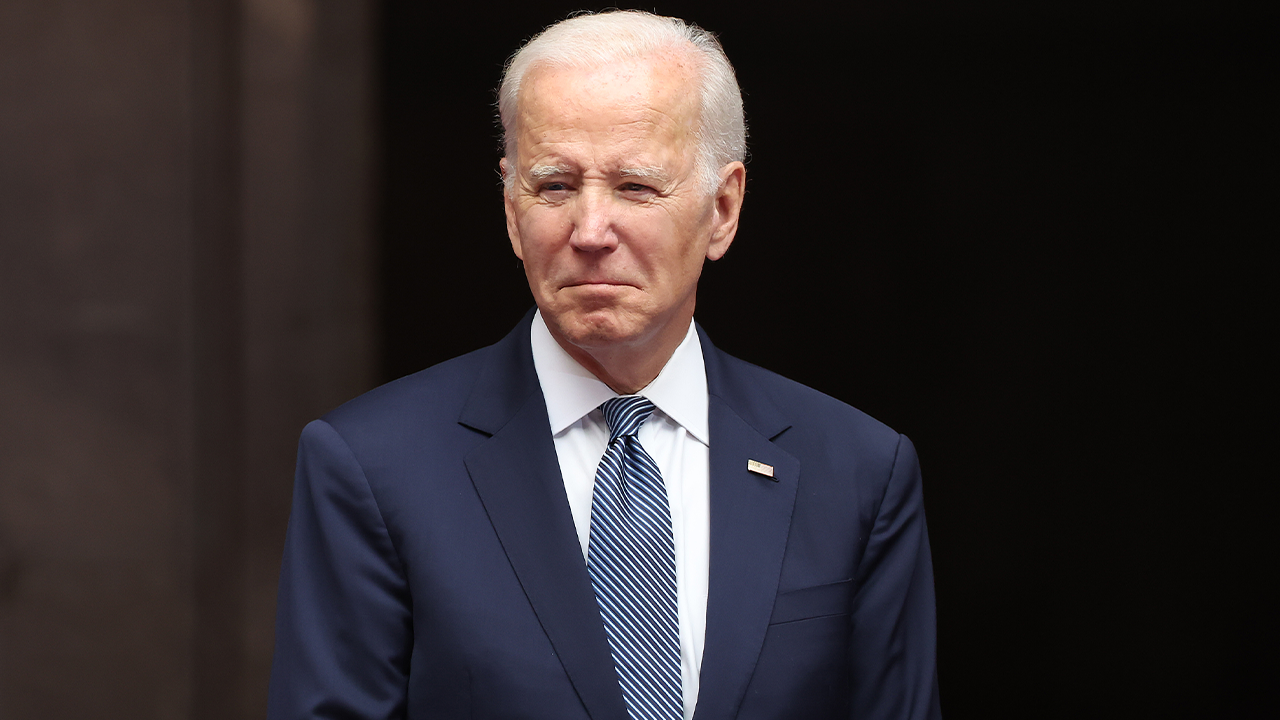Biden administration eases sanctions for Arab nations amid Israel aid controversy
The recent decision by the Biden administration to waive sanctions on military sales to several Middle Eastern nations has sparked controversy and raised concerns about U.S. support for Israel in the ongoing conflict with Hamas. The move comes in the midst of escalating tensions in the region, particularly as Israel prepares for a potential ground invasion of the southern Gaza city of Rafah.
In a bold and high-stakes ultimatum, President Biden publicly declared that the U.S. would not provide offensive aid to Israel if it invades Rafah. This statement has led to bipartisan backlash, with many questioning the implications of withholding critical weapons support from a key ally in the region.
Despite this public stance, it was revealed that the Biden administration had quietly approved the sale of “defense articles or defense services” to countries accused of supporting terror groups like Hamas, which poses a direct threat to Israel’s security. This apparent contradiction has raised eyebrows and prompted further scrutiny of the administration’s policies.
One of the countries granted a sanctions waiver is Lebanon, home to the notorious Hezbollah terrorist group, which has launched attacks against Israel in the past. The waiver was justified by citing the need to support Lebanese stability and sovereignty, as well as efforts to combat violent extremism in the region.
Similarly, a waiver was issued for Yemen, where Iran-backed Houthi rebels have been causing chaos and instability, posing a significant threat to regional security. The Biden administration defended this decision as being in the national security interest of the U.S. and essential for tackling regional threats effectively.
On the list of countries receiving sanctions waivers is Qatar, a wealthy Gulf nation that has been closely associated with Hamas and its leadership. Despite criticism of Qatar’s support for Hamas, the U.S. emphasized the importance of maintaining a strong bilateral relationship for regional security and peace efforts.
These developments have raised important questions about the Biden administration’s approach to the complex and volatile situation in the Middle East. The delicate balance between supporting key allies like Israel and addressing regional security challenges is a challenging task that requires careful consideration and strategic decision-making.
As the situation continues to evolve, it is crucial for policymakers to navigate these complexities with sensitivity and foresight to prevent further escalation and promote stability in the region. The decisions made by the U.S. government in the coming days and weeks will have far-reaching implications for the future of the Middle East and U.S. foreign policy in the region.








